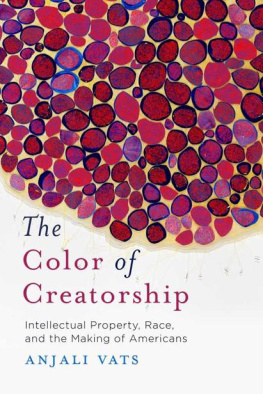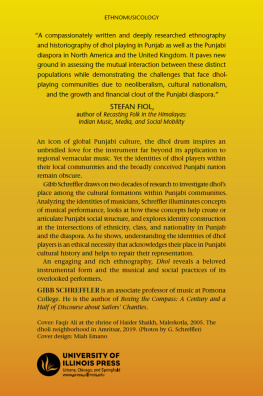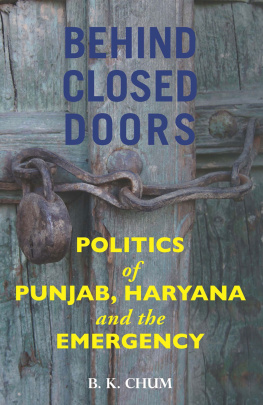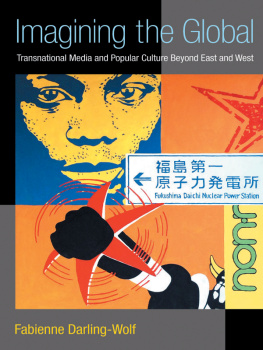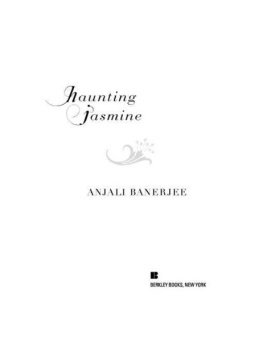Imagining Punjab, Punjabi and Punjabiat in the Transnational Era
This book moves away from originary myths of region and identity that have dominated academic and mediatized representations of Punjab, a land-locked region divided between India and Pakistan after the Partition of 1947, and instead focuses on the role of the imagination in producing Punjab. It examines Punjab as an ethno-spatial, ethno-linguistic and ethno-cultural construct produced by the communities who dwell there, those who have left it, and those formed by new narratives of the region. By isolating imaginings of Punjab that are not centred on exclusivist regional, linguistic, sectarian or caste perspectives, contributions to this book propose the concept of free-flowing cartographies in relation to Punjab, which facilitate its imaginings as a geographical region, a social construct and a state of consciousness. The region is simultaneously imagined as a small place, a neighbourhood, a city, and a village, but also as performative practices and certain ways of doing things.
Through focusing on a number of Punjabi spaces and communities and engaging with Punjab as a geographical region, social construct and state of consciousness, the papers in the book hope to contribute to broader debates on transnationalism, postnationalism, micronationalism, and new identity narratives emerging in the twenty first century.
This book was originally published as a special issue of South Asian Diaspora.
Anjali Gera Roy is a Professor in the Department of Humanities and Social Sciences at the Indian Institute of Technology, Kharagpur, India. She has published widely on South Asian literary, cultural and diaspora studies. Her books include Bhangra Moves: From Ludhiana to London and Beyond (2010), Travels of Bollywood Cinema: From Bombay to LA (2012), Magic of Bollywood: At Home and Abroad (2012) and Partitioned Lives: Narratives of Home, Displacement and Resettlement (2008). Her new book, Cinema of Enchantment: Perso-Arabic Genealogies of the Hindi Masala Film will be published by Orient Blackswan in 2015.
Imagining Punjab, Punjabi and Punjabiat in the Transnational Era
Edited by
Anjali Gera Roy
First published 2015
by Routledge
2 Park Square, Milton Park, Abingdon, Oxon, OX14 4RN, UK
and by Routledge
711 Third Avenue, New York, NY 10017, USA
Routledge is an imprint of the Taylor & Francis Group, an informa business
2015 Taylor & Francis
All rights reserved. No part of this book may be reprinted or reproduced or utilised in any form or by any electronic, mechanical, or other means, now known or hereafter invented, including photocopying and recording, or in any information storage or retrieval system, without permission in writing from the publishers.
Trademark notice: Product or corporate names may be trademarks or registered trademarks, and are used only for identification and explanation without intent to infringe.
British Library Cataloguing in Publication Data
A catalogue record for this book is available from the British Library
ISBN 13: 978-1-138-88675-9
Typeset in Times New Roman
by RefineCatch Limited, Bungay, Suffolk
Publishers Note
The publisher accepts responsibility for any inconsistencies that may have arisen during the conversion of this book from journal articles to book chapters, namely the possible inclusion of journal terminology.
Disclaimer
Every effort has been made to contact copyright holders for their permission to reprint material in this book. The publishers would be grateful to hear from any copyright holder who is not here acknowledged and will undertake to rectify any errors or omissions in future editions of this book.
Contents
Anjali Gera Roy
Claire Chambers
Kaveri Qureshi
Virinder S. Kalra
Nukhbah Taj Langah
Abbas Zaidi
Shweta Kushal and Evangeline Manickam
The chapters in this book were originally published in South Asian Diaspora, volume 6, issue 2 (September 2014). When citing this material, please use the original page numbering for each article, as follows:
Chapter 1
Introduction: Imagining Punjab and the Punjabi diaspora: after more than a century of Punjabi migration
Anjali Gera Roy
South Asian Diaspora, volume 6, issue 2 (September 2014) pp. 137140
Chapter 2
The heart, stomach and backbone of Pakistan: Lahore in novels by Bapsi Sidhwa and Mohsin Hamid
Claire Chambers
South Asian Diaspora, volume 6, issue 2 (September 2014) pp. 141159
Chapter 3
Culture shock on Southall Broadway: re-thinking second-generation return through geographies of Punjabiness
Kaveri Qureshi
South Asian Diaspora, volume 6, issue 2 (September 2014) pp. 161177
Chapter 4
Punjabiyat and the music of Nusrat Fateh Ali Khan
Virinder S. Kalra
South Asian Diaspora, volume 6, issue 2 (September 2014) pp. 179192
Chapter 5
Tracing Sufi influence in the works of contemporary Siraiki Poet, Riffat Abbas
Nukhbah Taj Langah
South Asian Diaspora, volume 6, issue 2 (September 2014) pp. 193208
Chapter 6
Exiled in its own land: Diasporification of Punjabi in Punjab
Abbas Zaidi
South Asian Diaspora, volume 6, issue 2 (September 2014) pp. 209224
Chapter 7
(Dis)honourable paradigms: a critical reading of Provoked, Shame and Daughters of Shame
Shweta Kushal and Evangeline Manickam
South Asian Diaspora, volume 6, issue 2 (September 2014) pp. 225238
Please direct any queries you may have about the citations to clsuk.permissions@cengage.com
Claire Chambers is a Lecturer in Global Literature at the University of York, UK, where she researches and teaches modern writing from South Asia, the Arab world, and their diasporas. She is the author of British Muslim Fictions: Interviews with Contemporary Writers. She has published widely in such journals as Postcolonial Text, Crossings and Contemporary Womens Writing, and is co-editor of the Journal of Commonwealth Literature.
Virinder S. Kalra teaches at Manchester University, UK, and his research interests are diaspora, popular culture and racism. His latest book is Sacred and Secular Musics: A Postcolonial Approach (2014) which looks at kirtan, Qawwali and dharmic geet in East and West Punjab. His previous books include Diaspora and Hybridity, and the co-edited State of Race.
Shweta Kushal holds a doctorate in English Literature from the Department of Humanities and Social Sciences at the Indian Institute of Technology Madras, India. She works on intercultural spaces that migrants inhabit and the manner in which gender affects the experience of these spaces. Her work has been published in refereed international journals. Her research interests include related areas of partition literature, culture studies, film studies, ethnicity, race and identity.
Nukhbah Taj Langah is an academic, writer and political activist. Her research broadly focuses on postcolonial literature, South Asian literature/diaspora, cultural and translation studies and more specifically, Siraiki and ethnic literary expressions from Pakistan. Her publications include various articles and poetry translations in international journals and a book titled,




